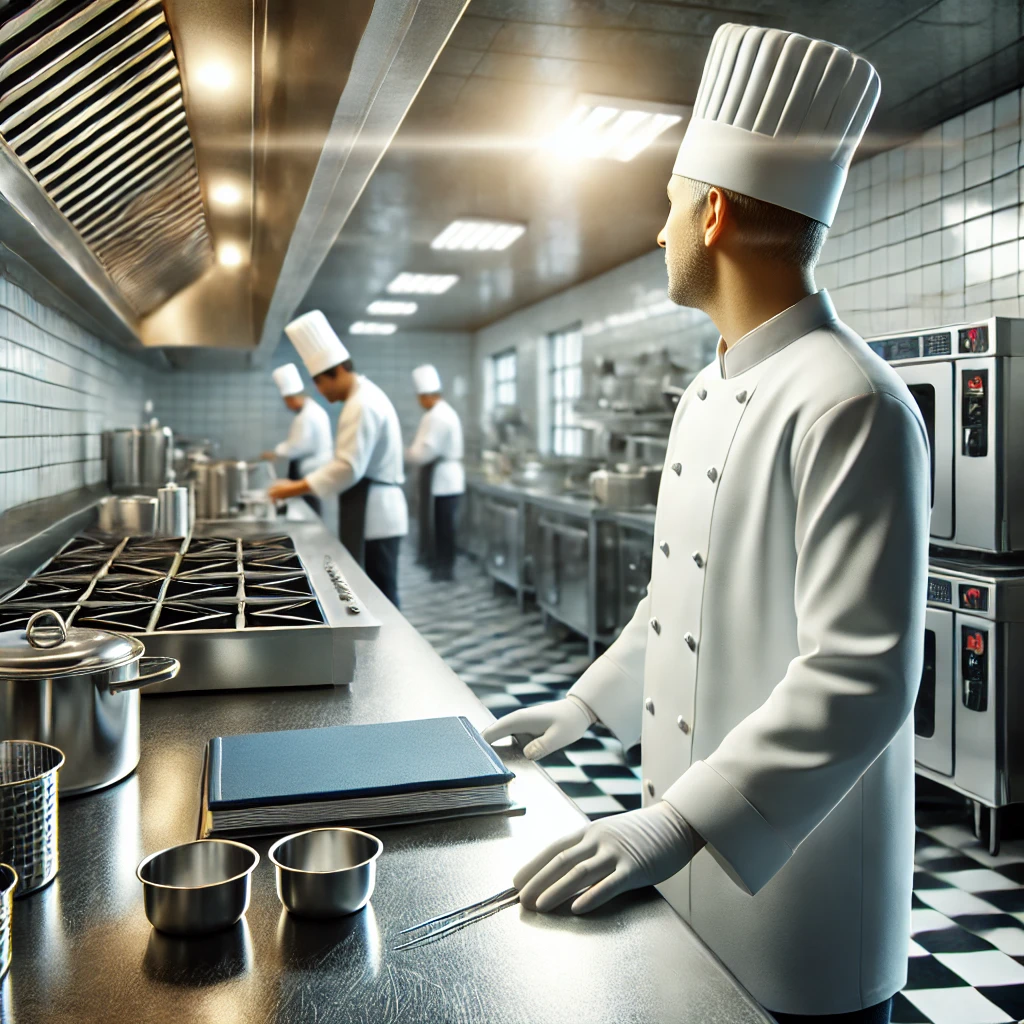Introduction to Kitchen Inspections
In the rapidly changing world of the culinary business, a properly inspected kitchen is no longer a ‘best practice’; it is necessary. Kitchen inspections are the pillar of food safety and operational effectiveness. Establishments need to comply with the strictest standards that exist. Ranging from multi-starred restaurants to small-sized catering businesses, this importance of having regular and intensive inspections cannot be emphasized enough.
Food safety is the foundation of the cooking industry. Regular inspections ensure that all operations are in line with local health and safety regulations, thus minimizing the risk of contamination. Improper handling or storage of ingredients can lead to foodborne illnesses, which not only endanger consumers but also tarnish a business’s reputation. Kitchen inspections act as a safeguard against these risks by identifying and addressing potential hazards early.
Maintaining Cleanliness and Hygiene
A clean kitchen is a working kitchen. Inspections will ensure spotless surfaces, clean utensils, and hygienic storage practices. Cross-contamination, usually through poor cleaning practices, is also a common threat that can be addressed by effective monitoring. Another area inspected includes proper waste disposal, thus discouraging pest attraction and the multiplication of bacteria.
Assessing Equipment and Facilities
Cooking appliances and equipment are the lifeblood of any kitchen. Routine inspections ensure the ovens, refrigerators, and other tools are in the best working condition. Faulty or unmaintained equipment does not only create operation efficiency but can cause some safety risk issues. It also finds the structural integrity of that kitchen space and identifies hazards and water leaks, damaged flooring, or improper ventilation.
Improving Operative Efficiency
A well-inspected and organized kitchen will run efficiently, and overall efficiency will be enhanced. Inspections help identify bottlenecks in workflow and ensure that staff can work in a safe and ergonomic environment. Furthermore, by addressing potential equipment failures before they escalate, inspections reduce downtime and maintain productivity, which is crucial in the high-demand cooking industry.
Consumer Confidence
In an industry where trust is the most important aspect, transparent adherence to inspection standards builds consumer confidence. Patrons are more likely to frequent establishments known for their cleanliness and commitment to quality. Passing inspections with flying colors can also serve as a marketing tool, showcasing the business’s dedication to excellence.
Legal and Financial Implications of Non-Compliance
Failure to meet the health and safety standards can bring about severe implications. From fines to legal cases or even being forced to close down, it is a lot of money that will be incurred. Regular inspections help prevent such pitfalls through compliance and responsibility. In the long run, it protects both the brand and its bottom line.
Kitchen inspections are the backbone of a successful and respectable cooking operation. By emphasizing safety, cleanliness, and efficiency, businesses not only comply with regulations but also foster environments where culinary creativity can flourish. Through consistent and thorough inspections, the culinary industry can continue to serve consumers with confidence and excellence.




